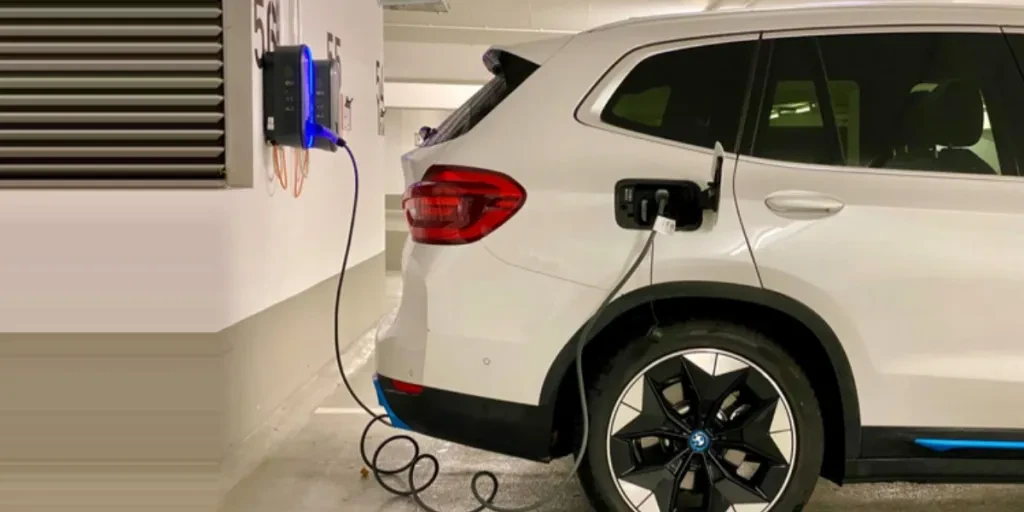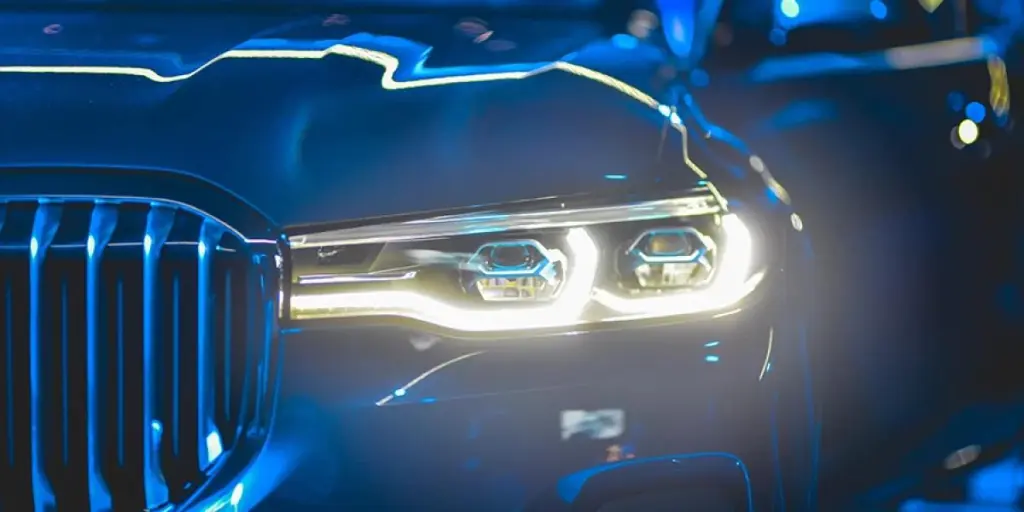With the world looking for more ways to protect the environment, having sustainable products is a significant step towards a better future. Electric vehicles are one way people are reducing their carbon footprint and contributing to environmental protection. They save the planet by cutting down on air pollution and save money over the vehicle’s lifetime.
In this article, we will look at factors to consider when buying an electric vehicle and some of the top electric vehicle brands to consider. Read on to learn more about electric vehicles.
Table of Contents
Market overview of the global EV market
Factors to consider when buying an electric vehicle
Charging networks
Battery life and autonomy
Charging time
Top 10 electric car brands
1. BYD
2. Tesla
3. Ford
4. Hyundai
5. Kia
6. BMW
7. Volvo
8. Volkswagen
9. Mercedes Benz
10. Nissan
Summing up
Market overview of the global EV market

Over the past few years, more people have bought electric vehicles as they become environmentally conscious. According to The Motley Fool, based in China, BYD is the largest EV company, with 3 million EVs manufactured in 2023. Tesla manufactured 1.8 million units in 2023, making it the second-largest EV manufacturer.
Statista reports that the global electric vehicle market is expected to reach USD 786.2 billion by the end of 2024 and grow at a compound annual growth rate (CAGR) of 6.63% between 2024 and 2029 to reach a staggering USD 1084.0 billion by the end of 2029.
The major contributor to the growth in market demand is customer preferences. As more people become concerned with environmental protection and reducing carbon emissions, they are opting for greener options and purchasing electric vehicles to reduce their carbon footprints.
The trends in the electric vehicle market have also increased the number of consumers who are switching to EVs. Many governments have implemented incentives to promote the use of electric vehicles.
Factors to consider when buying an electric vehicle
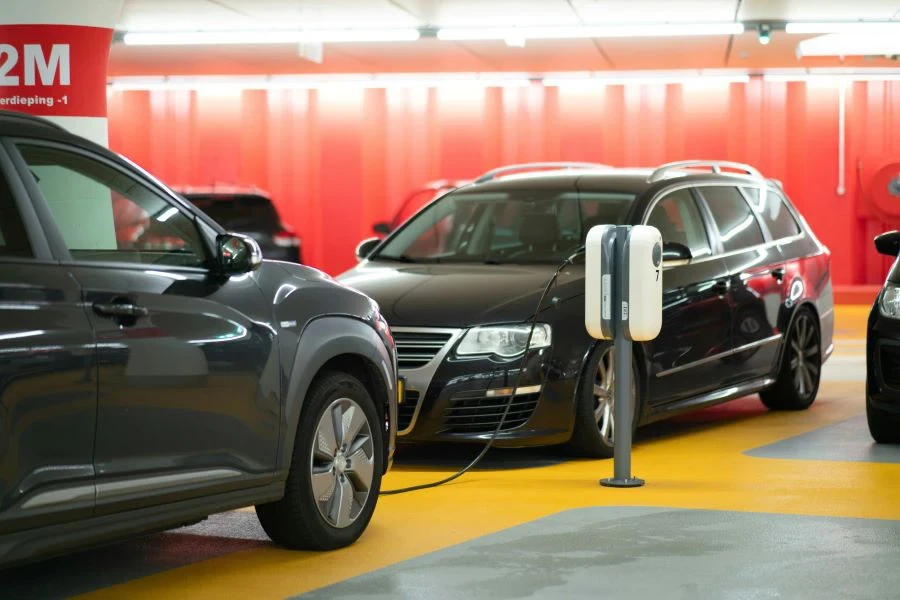
While electric vehicles are growing in popularity, customers must consider several factors before buying one. Some of the factors to consider include:
Charging networks
Before buying an electric vehicle, one must consider the charging network in their area. Check for charging points in your area, especially on the route you mostly use. Even if you have a home charging point, you will probably need a public one, especially when taking long-distance drives.
Battery life and autonomy
Electric car companies have different battery lives for different EV brands. Before buying an EV, it is essential to know the battery autonomy of the cars you are considering to know which one will serve you better without needing constant charging. Even though many EV charging station companies have put up stations in different areas, the car’s battery life matters when you go to places without charging stations.
One also needs to know the battery life of their car. Most batteries last between 150,000 and 300,000 kilometers, and their capacity may decrease over time. It’s imperative to check the battery warranty and manufacturer’s replacement policies before procuring an EV.
Charging time
The charging time of EVs depends on many factors, including the brand. The most crucial ones are the power output of the charging station, the battery capacity, and the maximum power of the accumulator’s absorption capacity.
Top 10 electric car brands
Now that we know what to look for when purchasing an electric vehicle, let’s examine the top brands available.
1. BYD
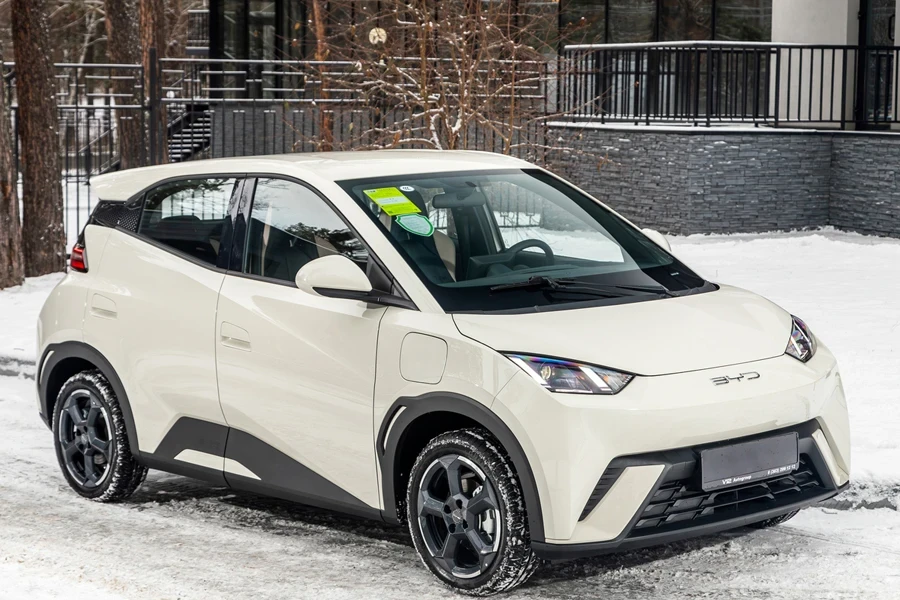
Build Your Dreams (BYD) is an electric car manufacturer founded in 2003 and headquartered in China. It is the largest EV manufacturer, and its most popular EV line is the Dynasty series, named after the Chinese Imperial dynasties. The other popular BYD EV is the Ocean series. Some of the models in this series include the BYD Song L concept car, BYD Chaser 07’s, and the BYD Seagull.
The BYD EV cars are budget-friendly, have a strong market presence, sold the most units in 2023, and have reliable battery technology.
2. Tesla
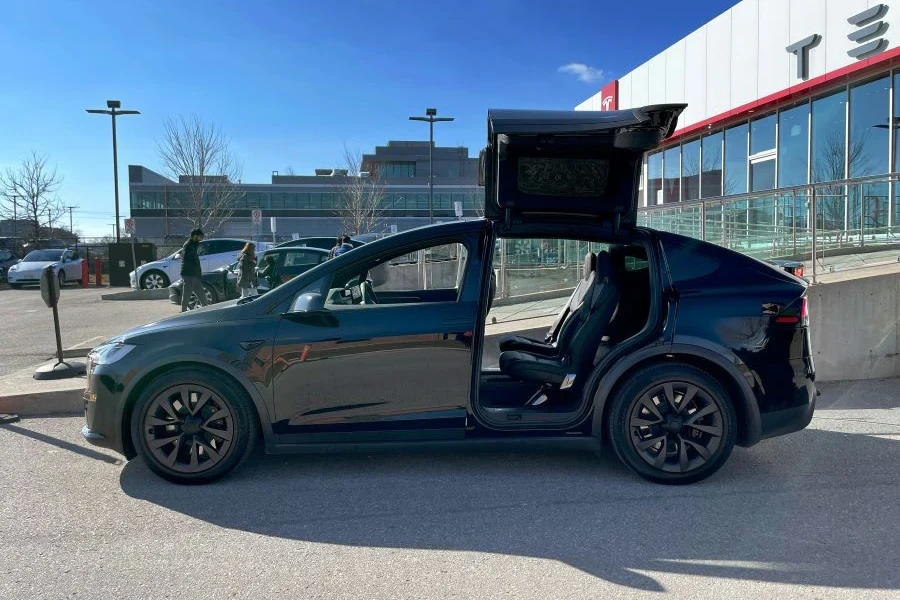
When you mention electric vehicle brands, Tesla is the one that clicks in most people’s minds. Tesla Motors has opened up the EV market worldwide. The first Tesla EV model was the Tesla Roadster, but it is the Model S sedan that took the EV brand to the next level. It boasts a long battery life range that allows for seat-pinning acceleration.
The next model was the Tesla Model X, the only electric vehicle with a seven-passenger capacity and one of the top-selling models to date. The Model 3 was an attempt to make a car more affordable for the masses. In 2019, Tesla produced a compact SUV, the Model Y, which closely resembles the Model 3.
3. Ford
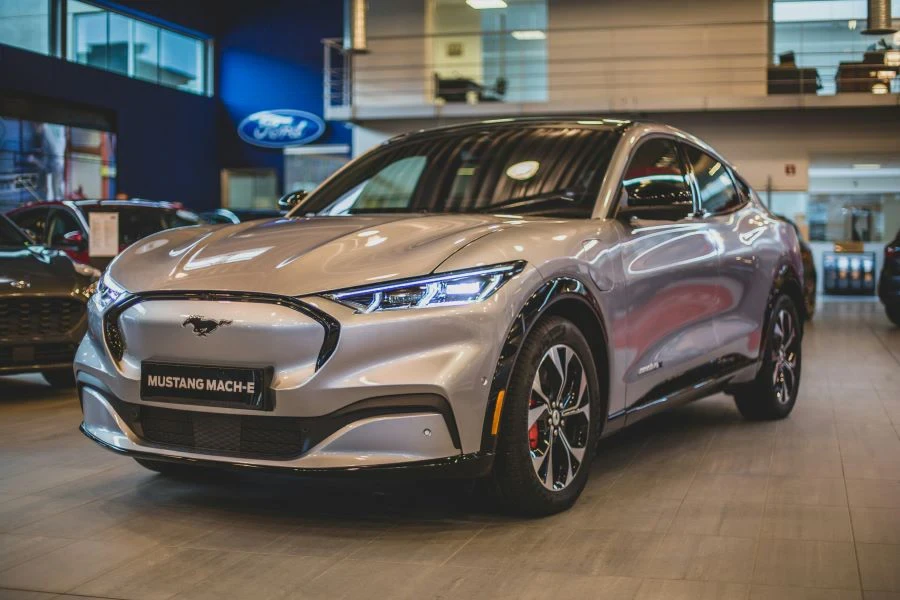
Ford entered the electric vehicle market with the Ford Focus Electric, which had a short range of about 115 miles. Later, Ford made a bigger impact in the EV market with the Mustang Mach-E and followed it with the F-150 Lighting. Ford combines classic performance with outstanding electric technology, making it an ideal choice for customers looking for good performance and power.
4. Hyundai
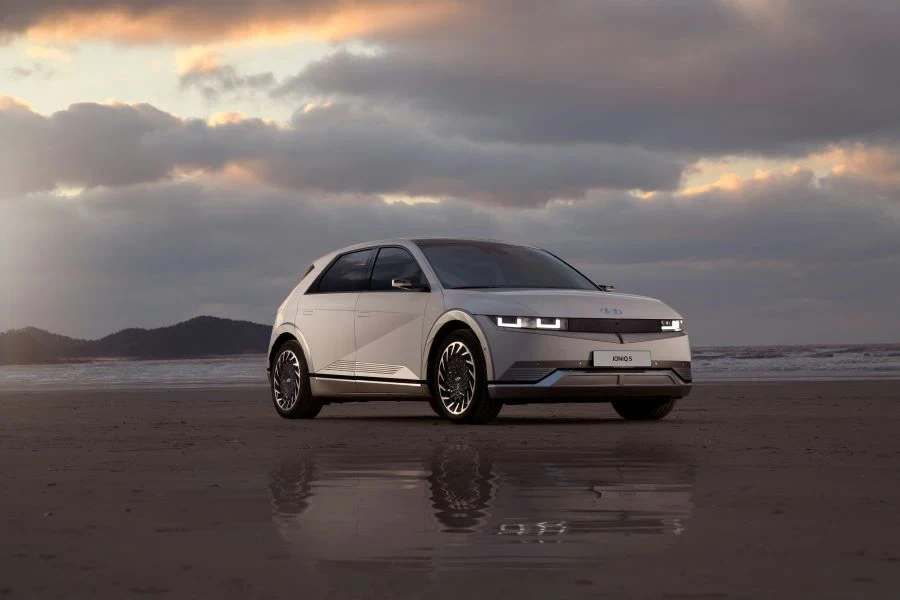
Hyundai dipped its toes into the electric car market with the Hyundai Kona Electric and made a splash with its electric SUV, the Hyundai IONIQ 5, which has retro-inspired styling.
Hyundai has also entered the luxurious electric SUV lane with the Genesis series, which includes the GV60, the Electrified GV70, and the Electrified G80.
5. Kia
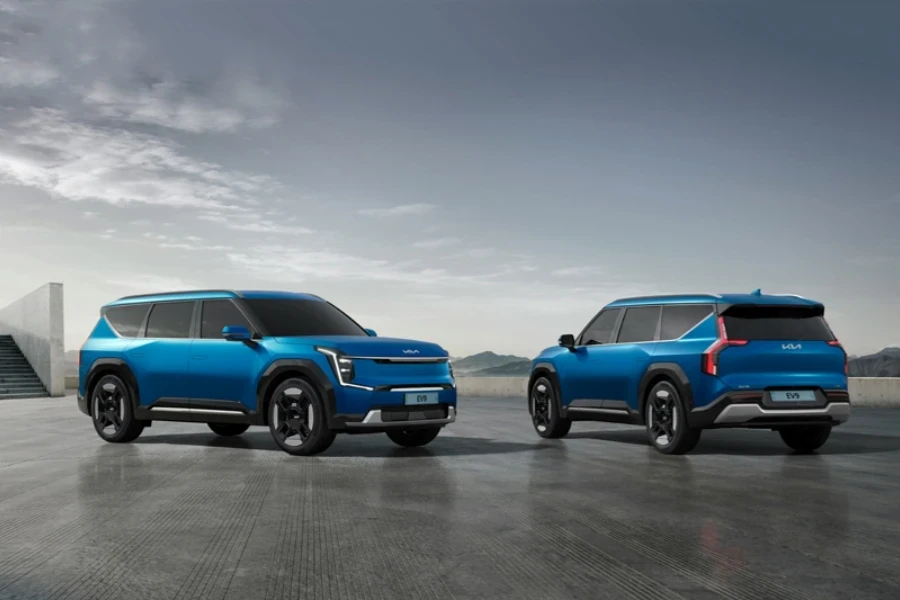
Kia’s first electric vehicle was the Kia Niro EV, a version of its existing gas-powered line. It then made a splash with the EV6 and the larger EV9, a stylish and spacious electric car model with an estimated range of over 300 miles.
6. BMW
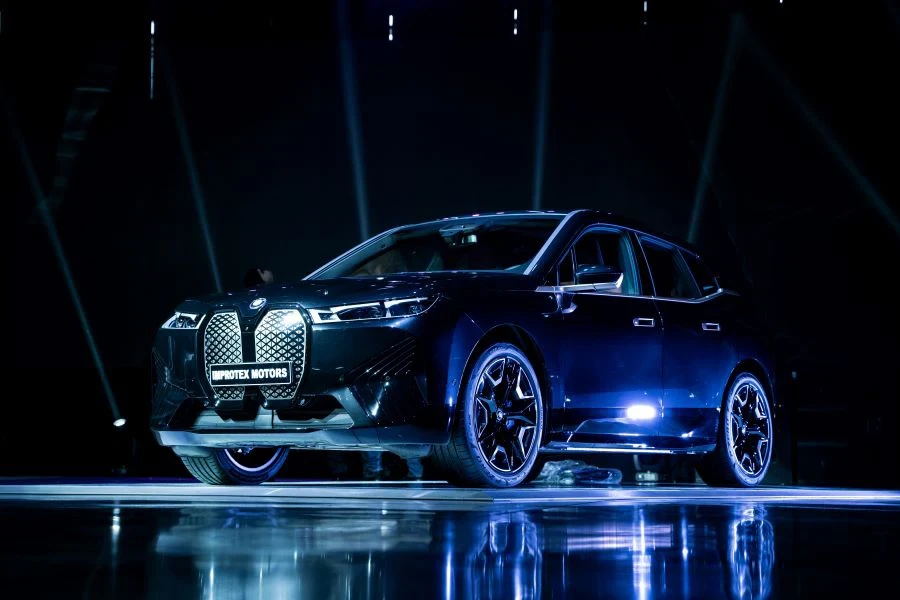
BMW debuted its electric vehicles with the BMW “i” models: the compact hatchback i3, which was available as a pure electric vehicle or with a two-cylinder gas range-extender, and the i8 plug-in hybrid sports car.
Today, BMW offers several pure electric models, such as the i4 compact sedan, i7 executive sedan, and iX midsize SUV. The newer models have BMW’s iDrive operating system.
7. Volvo

Volvo has had many plug-in hybrid vehicles. However, its first purely electric vehicle was the XC40 Recharge, a subcompact luxury SUV. Later, the Volvo C40 Recharge—a variant of its predecessor with a sloped rear roofline—was introduced.
Volvo launched the EX90, an electric SUV with a range of 300 miles, in the last quarter of 2024 and will launch the EX30 in 2025.
8. Volkswagen
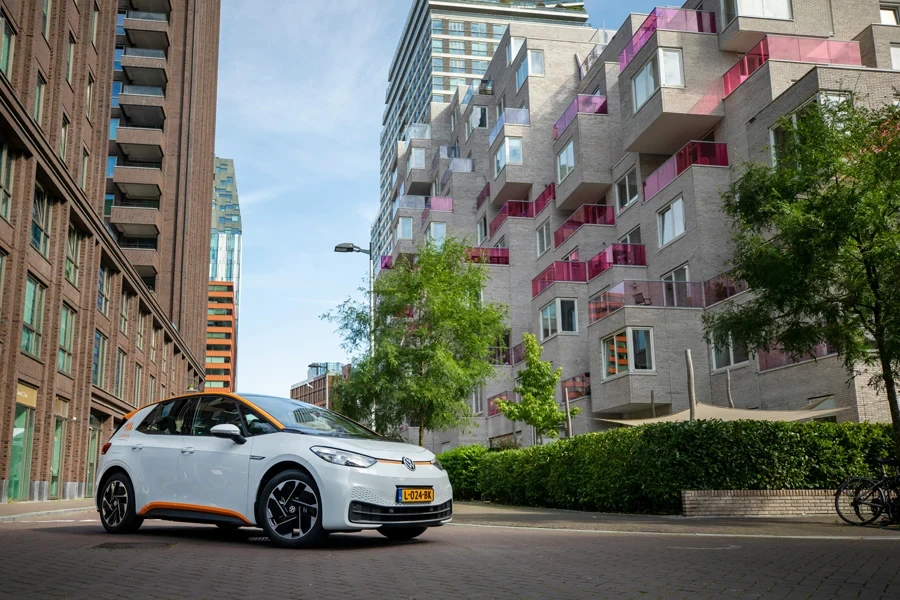
Volkswagen got into electric vehicle manufacturing by experimenting with the e-Golf, an electric model of the Golf compact hatchback. It then started the ID sub-brand with the ID.3 and the larger ID.4 compact SUVs.
Volkswagen debuted the ID Buzz electric van in 2024, a retro-styled vehicle inspired by the VW bus. We also have the ID.7, a near-luxury electric sedan. Volkswagen has more electric cars in the pipeline and emphasizes software integration.
9. Mercedes Benz
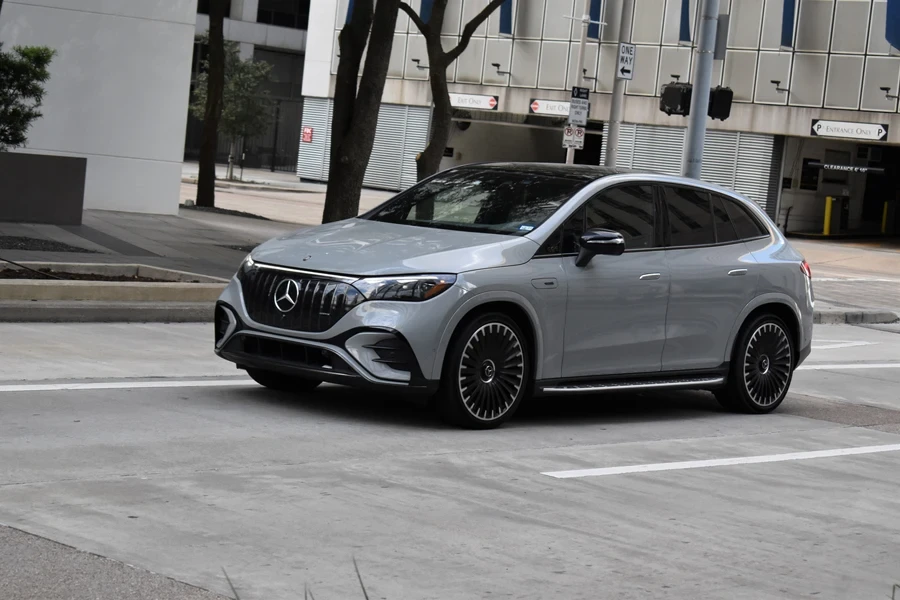
Mercedes Benz entered the electric vehicle market with the debut of the B-Class Electric, which was adapted from the B-Class and has a range of up to 100 miles. Its first electric vehicle design was the EQS, a large sedan roughly equivalent in size and price to the S-class. They also have the EQB, a smaller SUV; the EQE sedan; and the EQE SUV. Mercedes Benz electric vehicles have a range of between 240 and 400 miles.
10. Nissan
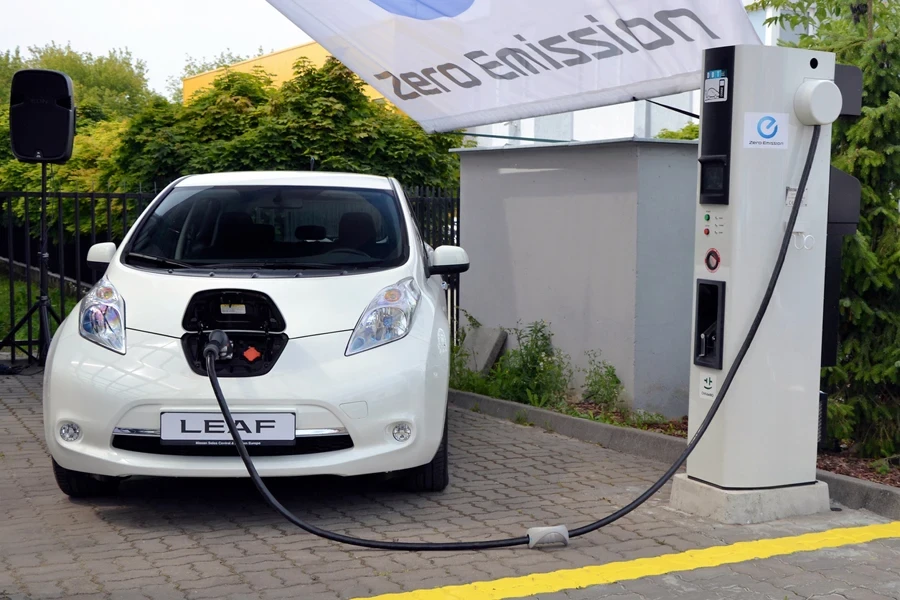
Nissan was one of the first car brands to embrace electric vehicles, with the debut of the Nissan Leaf in 2011. This small hatchback has a quirky style and a range of about 100 miles. Currently, the Nissan Leaf has a range of 149 miles for the Leaf S trim and 215 miles for the Leaf SV Plus trim.
Nissan’s second electric vehicle was the Nissan Ariya, which offers better performance, more range, room, and better technology compared to the Hyundai Ioniq 5 and Ford Mustang Mach-E.
Summing up
The electric vehicle market is overflowing with variety, from budget-friendly to luxury brands and off-road performance. Whether you’re looking for affordability, performance, or luxury, the above top EV brands have something for everyone.
By considering the range, charge time, and battery options, you can find an EV that matches your needs and preferences and contributes to reducing your carbon footprint.
